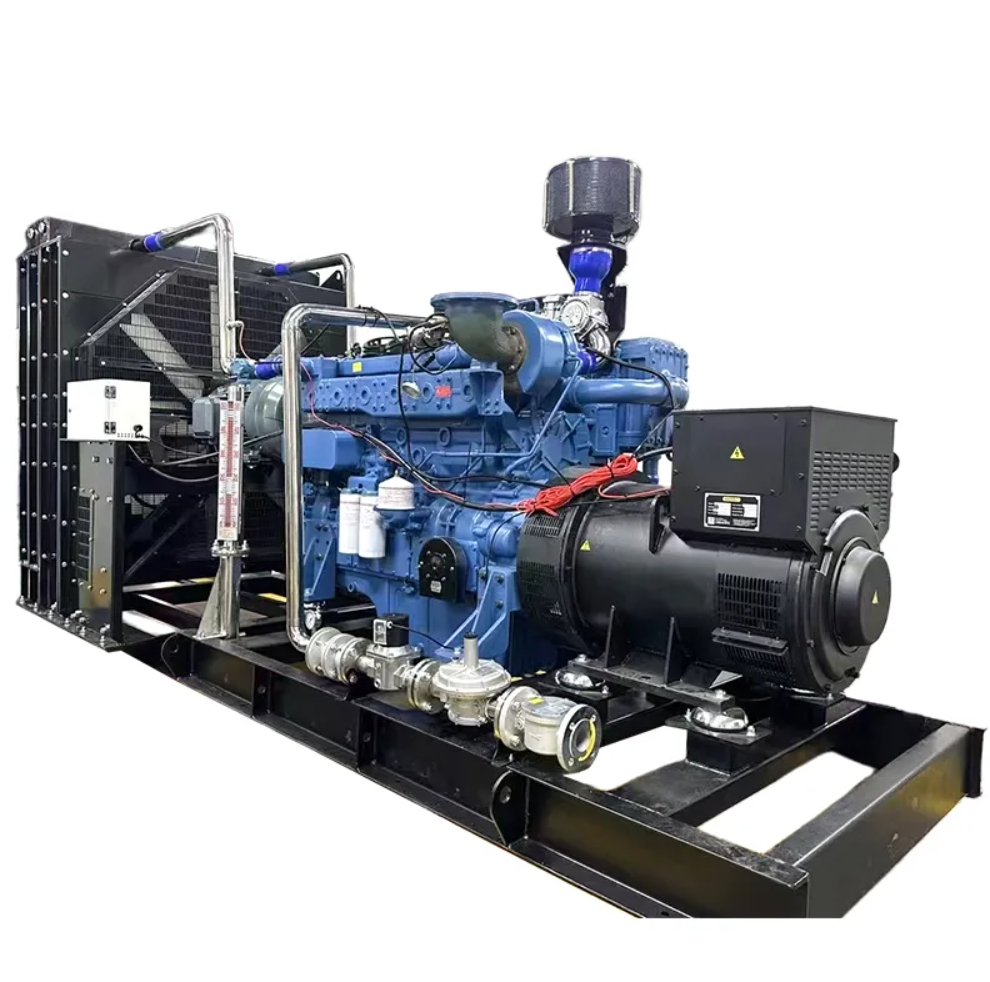How Cogeneration Systems Boost Energy Efficiency
Cogeneration systems, often called combined heat and power (CHP) systems, stand out for their ability to turn energy use into a more efficient process. Unlike traditional energy setups that waste a lot of heat when producing electricity, these systems capture and reuse that heat for other needs — like heating buildings, powering industrial processes, or even making hot water. This means instead of losing 50–70% of energy as wasted heat (which is common with standard power plants), cogeneration systems can hit efficiency rates of 80% or higher. For businesses, this translates to getting more value from every unit of energy they buy. No more paying for energy that just goes to waste; instead, every bit works harder to power operations and meet other needs. It’s a simple shift that makes a big difference in how efficiently a business uses its energy resources.
Cogeneration Systems Lower Energy Costs
One of the most attractive benefits of cogeneration systems for any business is the potential to cut down on energy bills. Since these systems reuse waste heat, businesses don’t have to buy separate energy sources for heating or process needs. For example, a manufacturing plant that used to pay for electricity from the grid and natural gas for heating could switch to a cogeneration system that covers both with one setup. This not only reduces the number of energy bills but also lowers overall consumption. Plus, many regions offer incentives or tax breaks for businesses that adopt cogeneration systems, since they’re more sustainable. Over time, the savings add up — covering the initial investment in the system and then continuing to put money back into the business. For small and large companies alike, lower energy costs mean more room in the budget for growth, innovation, or other key priorities.
Reduced Environmental Impact with Cogeneration Systems
In today’s world, reducing environmental impact isn’t just a trend — it’s a responsibility that many businesses take seriously, and it also matters to customers and partners. Cogeneration systems help with this by cutting down on greenhouse gas emissions. Because they’re more efficient, they use less fuel to produce the same amount of electricity and heat as traditional systems. Less fuel use means fewer emissions released into the air. For example, a hotel using a cogeneration system might reduce its carbon footprint by 20–30% compared to using separate grid electricity and a boiler for heat. This not only helps businesses meet their sustainability goals but also enhances their reputation. Customers are more likely to choose brands that prioritize the environment, and partners may prefer working with companies that have strong green practices. Cogeneration systems make it easier to be both eco-friendly and business-savvy.
Energy Independence with Cogeneration Systems
Reliance on the main power grid can be risky — grid outages, price fluctuations, or supply issues can all disrupt business operations. Cogeneration systems offer a solution by providing a degree of energy independence. Businesses with these systems can generate their own electricity and heat on-site, so they’re less affected by grid problems. For example, a hospital that uses cogeneration can keep critical systems running even if the grid goes down, ensuring patient care isn’t interrupted. A restaurant can stay open during a power outage, avoiding lost revenue. Even when the grid is working, energy independence means businesses aren’t at the mercy of sudden price hikes from utility companies. They have more control over their energy supply and costs, which adds stability to their operations. In an unpredictable world, that stability is a valuable benefit that cogeneration systems bring.
Cogeneration systems offer a range of benefits that directly address the needs of businesses: higher energy efficiency, lower costs, reduced environmental impact, and greater energy independence. By reusing waste heat that traditional systems throw away, they turn energy use into a more productive and cost-effective process. For businesses looking to save money, meet sustainability goals, or avoid disruptions from grid issues, these systems are a smart investment. They don’t just improve day-to-day operations — they also position businesses for long-term success by cutting expenses, enhancing their environmental reputation, and adding stability. Whether it’s a small office, a large manufacturing plant, or a hospitality business, cogeneration systems provide practical value that helps businesses thrive in today’s competitive and eco-conscious market.

